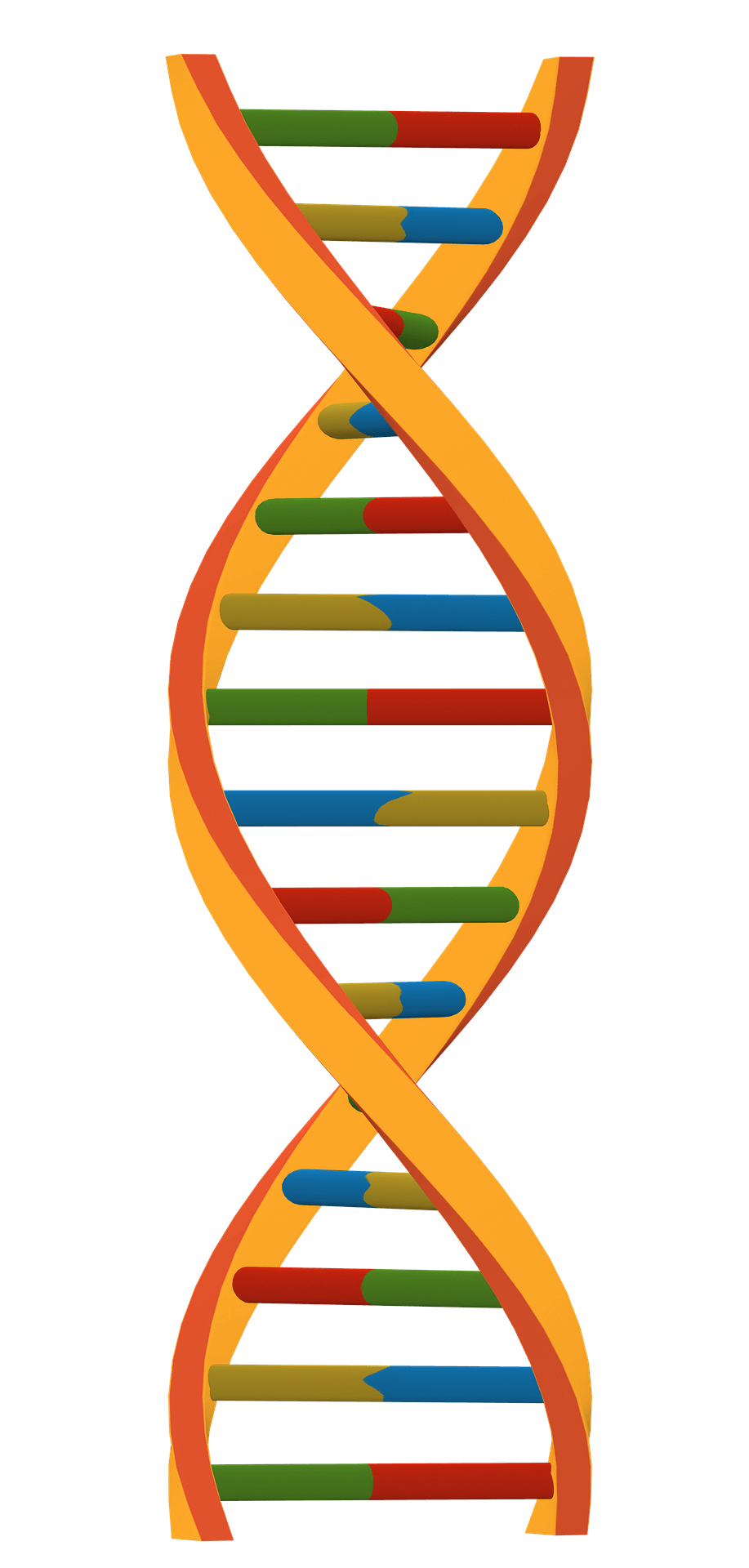
New Yorkers
at Risk:
The Gaping Hole
in Genetic
Privacy Protections
As medical breakthroughs are driven by genetic science, New Yorkers are unknowingly vulnerable to a dangerous loophole in state and federal law. The federal Genetic Information Nondiscrimination Act (GINA) was passed in 2008 to prevent discrimination based on genetic information in health insurance and employment, but it does not extend to life insurance, disability insurance, or long-term care insurance. And here’s the kicker: New York State has failed to step up and fill in these gaps, leaving millions exposed to potential discrimination based on their own DNA.
Right now, if you take a genetic test—whether through a doctor’s office or a DNA company like 23andMe or AncestryDNA—that information could be used against you when applying for life, disability, or long-term care insurance.
While GINA prohibits health insurers from considering genetic information, these other industries are legally allowed to access, analyze, and make decisions based on your genetic risks.
This means that if you have a genetic predisposition to conditions like Alzheimer’s, cancer, or heart disease, an insurance company could deny you coverage or charge significantly higher premiums. And, if your genetic data suggests a higher likelihood of developing a chronic illness, you may be forced to pay exorbitant rates or be disqualified entirely from long-term care policies. Even if you’re currently in perfect health, a mere indication of genetic risk could mark you as a liability in the eyes of insurers.
Most New Yorkers don’t even realize this is happening. With genetic testing becoming increasingly common—whether for medical diagnostics, ancestry research, or family planning—millions are unknowingly handing over sensitive information that could be weaponized against them. And, once an insurance company has access to your genetic data, there’s little transparency or oversight regarding how they use it. There’s no requirement that they inform you why you were denied coverage or charged higher premiums. Your DNA could be your greatest liability, and you may never even know it.
While some states have taken proactive measures to close this loophole, New York has done nothing to prevent genetic discrimination in life, disability, or long-term care insurance. The state has some of the strongest health insurance privacy laws, but when it comes to broader protections against genetic discrimination, we are among the weakest.
